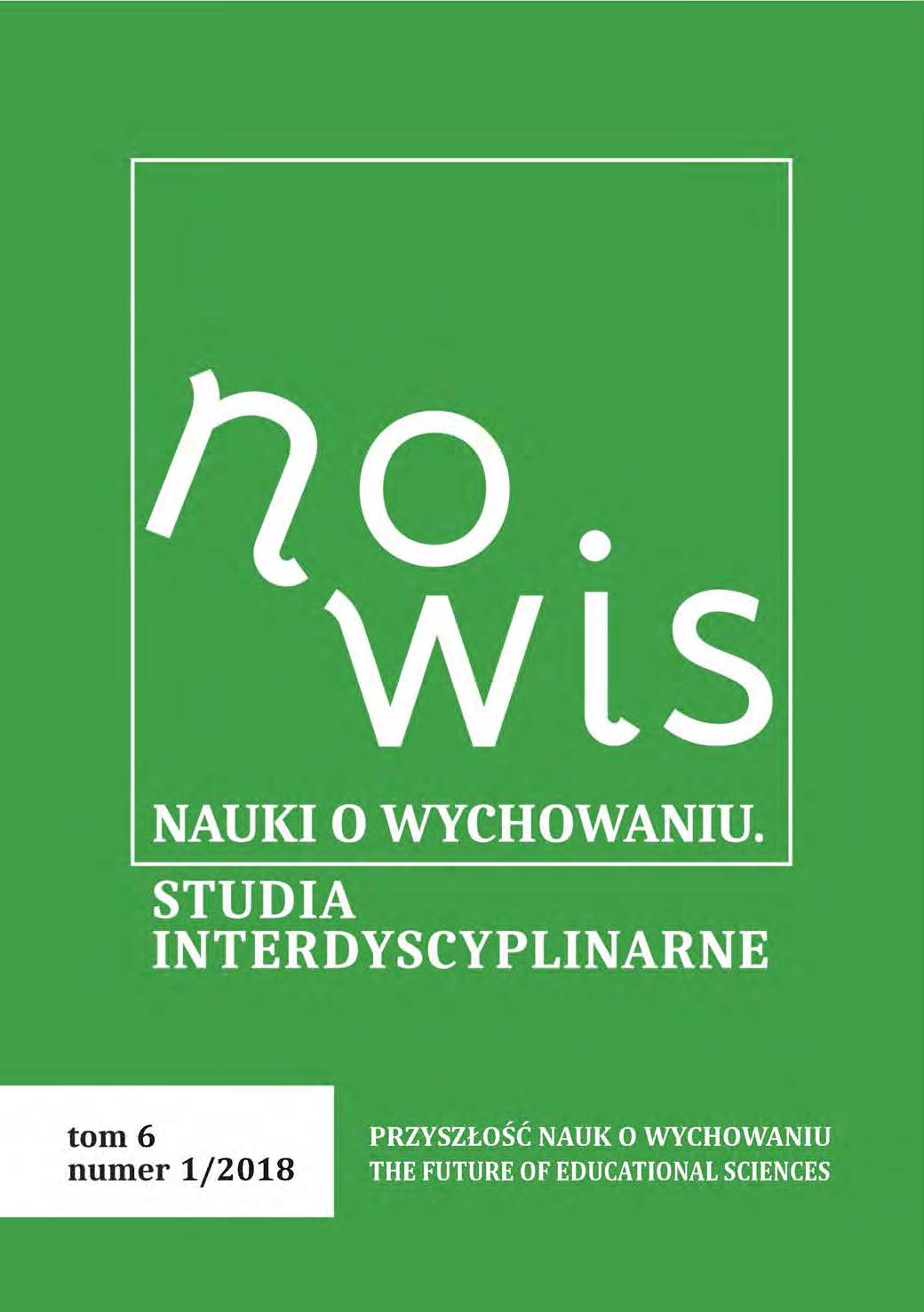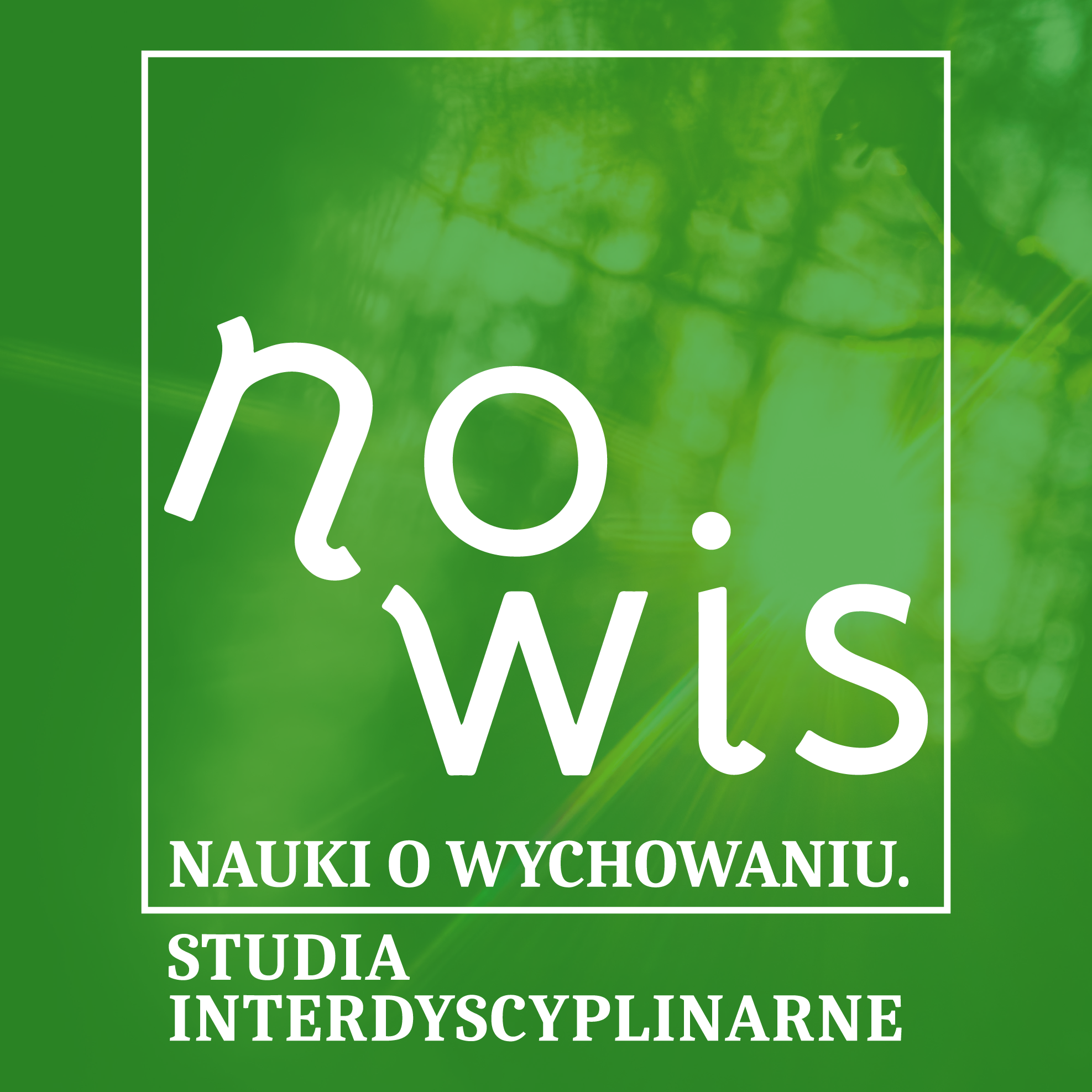Wspólny rozwój zawodowy nauczycieli i wdrażanie programów nauczania: wnioski z oceny rozwoju zawodowego i programów nauczania
DOI:
https://doi.org/10.18778/2450-4491.06.11Słowa kluczowe:
współpraca, rozwój zawodowy nauczycieli, coaching, program kształceniaAbstrakt
W ostatnim komunikacie Komisja Europejska apeluje o zwiększenie działań na rzecz „wielowymiarowego”, ale uwzględniającego wspólne w państwach członkowskich wymogi w zakresie rozwoju zawodowego nauczycieli (Komisja Europejska 2017a). Chociaż współpraca nauczycieli w tym zakresie zyskuje coraz bardziej na popularności, to jednak nie stała się jeszcze normą w całej Europie. Nadal preferuje się odmienne ścieżki rozwoju zawodowego nauczycieli (CPD) jako bardziej sprzyjające niż osiąganie wspólnych standardów w tym zakresie. Intencją komisji jest zachęcanie do poszerzania współpracy między nauczycielami, by eliminować z ich pracy rutynę. Ma to sens tylko wówczas, kiedy profesjonalny rozwój zawodowy nauczycieli (CPD) opiera się również na wielowymiarowej i dogłębnej współpracy. Formą wspomagania doskonalenia zawodowego nauczycieli, która ma miejsce we wszystkich krajach UE, jest oferta wspierania realizacji programów kształcenia w szkołach przez zewnętrznych doradców czy trenerów. W artykule poddano analizie wnioski, które zostały wyciągnięte z ewaluacji krajowego programu doskonalenia zawodowego nauczycieli (CPD) w Irlandii. Pomimo istniejących różnych problemów w organizacji takich form doskonalenia, które utrudniają zakres współpracy nauczycieli, okazało się, że coach odegrał ważną rolę w tworzeniu warunków dla doskonalenia własnej praktyki dzięki kontynuowaniu przez nauczycieli współpracy po wsparciu przez niego w ramach przeprowadzonego coachingu. Troska zatem o kulturę głębokiego, wielowymiarowego, profesjonalnego współdziałania nauczycieli ze sobą z różnych szkół, w przeciwieństwie do „profesjonalnej współpracy” jedynie we własnej placówce, może okazać się bardziej owocną w ich pracy (Hargreaves, O’Connor 2017).
Bibliografia
Casey K. (2006) Literacy coaching: the essentials, Portsmouth, New Hampshire, Heinemann.
Google Scholar
Darling-Hammond L. (2017) Teacher Education around the World: What Can We Learn from International Practice?, “European Journal of Teacher Education”, 40 (3):291–309.
Google Scholar
Darling-Hammond L., McLaughlin M. W. (1995) Policies that support professional development in an era of reform, “Phi Delta Kappan”, 76 (8): 597–604.
Google Scholar
de Paor C. (2015) The use of demonstration lessons to support curriculum implementation: invitation or intrusion?, “Professional Development in Education”, 41 (1): 96–108.
Google Scholar
Guskey T. (2002) Does it make a difference? Evaluating professional development, “Educational Leadership”, 59 (6): 9–27.
Google Scholar
Ingvarson L., Meiers M., Beavis A. (2005) Factors affecting the impact of professional development programs on teachers’ knowledge, practice, student outcomes and efficacy,“Education Policy Analysis Archives”, 13 (10): 1–28.
Google Scholar
Johnston K., Murchan D., Loxley A., Fitzgerald H., Quinn M. (2007) The role and impact of the Regional Curriculum Support Service in Irish primary education, “Irish Educational Studies”, 26 (3): 219–238.
Google Scholar
Joyce B., Showers B. (1988) Student Achievement Through Staff Development, Longman New York.
Google Scholar
Joyce B., Calhoun E., Hopkins D. (1999) The new structure of school improvement, Open University Press, Buckingham.
Google Scholar
Lortie D. (1975) Schoolteacher, University of Chicago Press, Chicago.
Google Scholar
McKenna M. C., Walpole S. (2008) The literacy coaching challenge: Models and methods for grades K-8, Guilford, New York.
Google Scholar
OECD (2005) Teachers Matter Attracting, developing and retaining effective teachers, OECD, Paris.
Google Scholar
OECD (2014) TALIS 2013 Results: An International Perspective on Teaching and Learning, OECD Publishing, Paris, http://dx.doi.org/10.1787/9789264196261-en
Google Scholar
Ó Murchú F. (2009) Team teaching: supporting student and teacher learning in postprimary classrooms, “Learn”, 31: 88–106.
Google Scholar
Rhodes C., Beneicke S. (2002) Coaching, Mentoring and Peer-networking: challenges for the management of teacher professional development in schools, “Journal of Inservice Education”, 28 (2) : 297–309.
Google Scholar
Schwille J., Dembélé, M., Schubert J. (2007) Global perspectives on teacher learning: improving policy and practice, Paris, UNESCO.
Google Scholar
Villegas-Reimers V. (2003) Teacher Professional Development: an international review of the literature, Paris, UNESCO.
Google Scholar
Zwart R., Wubbels T., Bergen T., Bolhuis S. (2007) Experienced teacher learning within the context of reciprocal peer coaching, “Teachers and Teaching: theory and practice”, 13 (2): 165–187.
Google Scholar
Cordingley P., Bell. M., Rundell B., Evans D. (2003) The impact of collaborative CPD on classroom teaching and learning. London, EPPI-Centre, Social Science Research Unit, Institute of Education, http://eppi.ioe.ac.uk/cms/LinkClick.aspx?fileticket=zKuM1BPck20%3D&tabid=135&mid=761 [22.02.2018].
Google Scholar
Cordingley P., Bell M., Thomason S., Firth A. (2005) The impact of collaborative CPD on classroom teaching and learning. Review, How do collaborative and sustained CPD and sustained but not collaborative CPD affect teaching and learning?, London, EPPI-Centre, Social Science Research Unit, Institute of Education, University of London,http://eppi.ioe.ac.uk/cms/Default.aspx?tabid=136 [22.02.2018].
Google Scholar
DES (2016) School Self-evaluation Guidelines 2016–2020, Primary, Dublin, Department of Education and Skills,
Google Scholar
https://www.education.ie/en/Publications/Inspection-Reports-Publications/Evaluation-Reports-Guidelines/School-Self-Evaluation-Guidelines- 2016-2020 - Primary.pdf [22.02.2018].
Google Scholar
DES (2007) A Value for Money Assessment of Programs managed by the Teacher Education Section, Dublin, Department of Education & Science, https://www.education.ie/en/Publications/Value-For-Money-Reviews/vfm_review_tes_programs.pdf [22.02.2018].
Google Scholar
Earley P., Porritt V. (2010) Effective Practices in Continuing Professional Development, London, Institute of Education, University of London.
Google Scholar
European Commission (2017a) School development and excellent teaching for a great start in life, Communication from the Commission to the European Parliament, the Council, the European Economic and Social Committee and the Committee of the Regions, http://eur-lex.europa.eu/legal-content/EN/TXT/PDF/?uri=CELEX:52017DC0248&from=EN [22.02.2018].
Google Scholar
European Commission/EACEA/Eurydice (2017b) The Organisation of School Time in Europe. Primary and General Secondary Education – 2017/18, Eurydice Facts and Figures, Luxembourg, Publications Office of the European Union, https://www.education.ie/en/The-Education-System/International/Eurydice/the-organisation-of-school-time-in-europe-2017-18.pdf [22.02.2018].
Google Scholar
Hargreaves A., O’Connor M. (2017) Collaborative Professionalism, https://www.wiseqatar.org/sites/default/files/rr.12.2017_boston.pdf [22.02.2018].
Google Scholar
PDST (2017) Aim and mission statement, Professional Development Service for Teachers (PDST), http://www.pdst.ie/about_us [22.02.2018].
Google Scholar
Paor de C. (2016) The impact of school-based continuing professional development: views of teachers and support professionals, “Journal of Irish Educational Studies”, vol. 35, no. 3: 289–306, http://www-tandfonline-com.libraryproxy.mic.ul.ie/doi/full/10.1080/03323315.2016.1192482 [22.02.2018].
Google Scholar
Pobrania
Opublikowane
Jak cytować
Numer
Dział
Licencja

Utwór dostępny jest na licencji Creative Commons Uznanie autorstwa – Użycie niekomercyjne – Bez utworów zależnych 4.0 Międzynarodowe.





 Strona czasopisma, prowadzona przez Zespół redakcyjny NOWiS na platformie Index Copernicus:
Strona czasopisma, prowadzona przez Zespół redakcyjny NOWiS na platformie Index Copernicus: 





